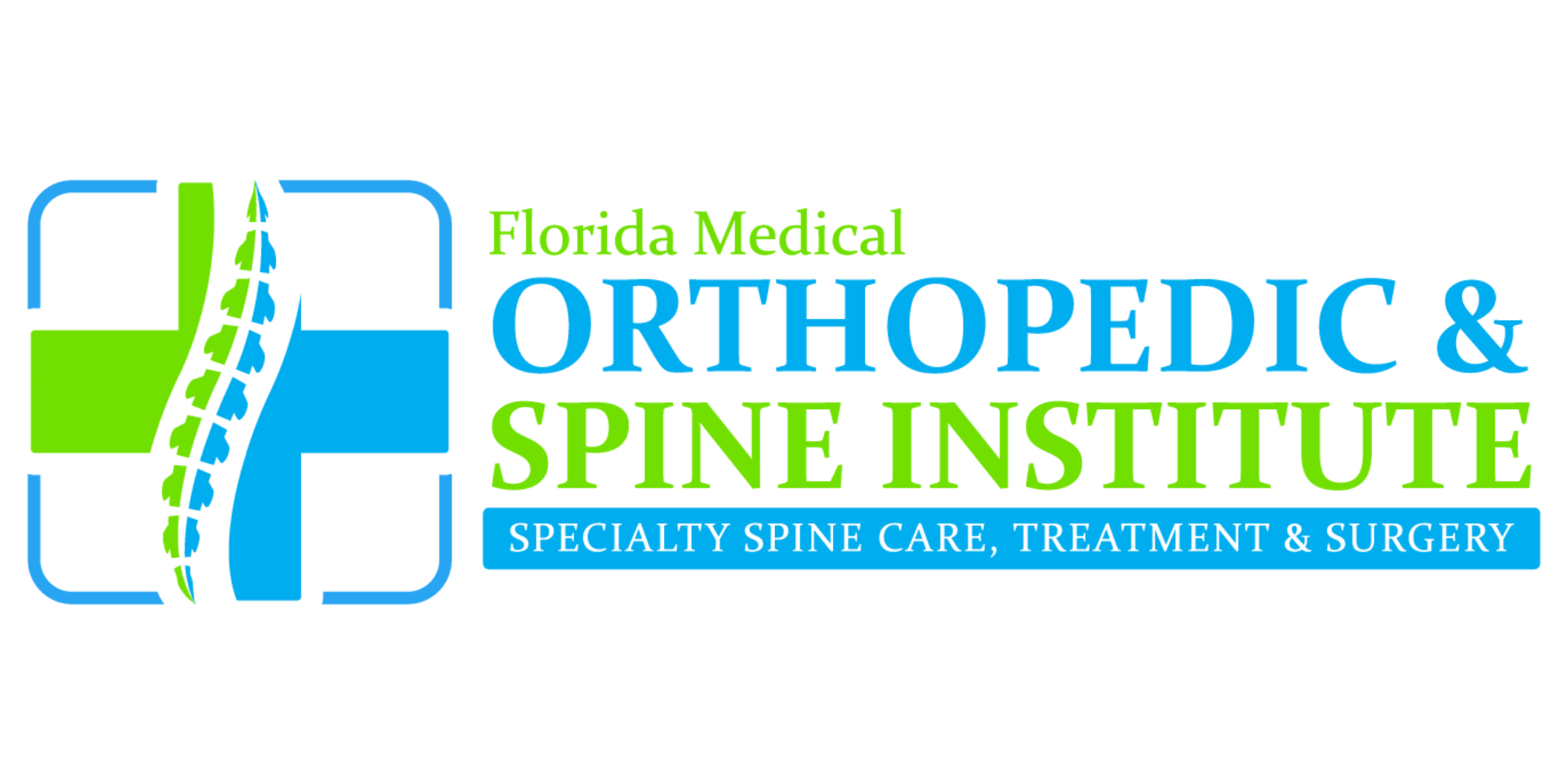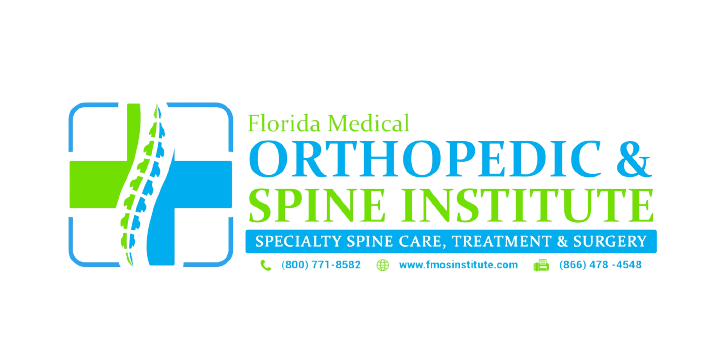Herniated Discs: Causes, Symptoms, and Treatment Options
Herniated discs, also known as slipped or ruptured discs, can significantly impact one's quality of life, causing discomfort and affecting daily activities. In this article, we'll go over what herniated discs entail, unraveling the mysteries behind symptoms, causes, diagnosis, and a spectrum of effective treatment approaches. Knowledge is the first step towards empowerment, and here, we aim to equip you with the insights needed to make informed decisions about your spinal health.
Contact Us Today
Have a question? Looking for treatment? We’re here to help. Send us a message and we’ll be in touch.
Find The Best Treatment Option For You!
Herniated Disc Symptoms
The symptoms of a herniated disc can vary depending on the location of the herniation and the nerves affected. Common symptoms include:
- Pain: Pain is a hallmark symptom of a herniated disc. The pain may be localized at the site of the herniation or radiate to other areas served by the affected nerves. For example, a herniated disc in the lower back (lumbar spine) may cause pain that radiates down the leg (sciatica), while a herniation in the neck (cervical spine) may cause pain that extends into the arm.
- Numbness or Tingling: Herniated discs can compress nerves, leading to sensations of numbness or tingling. This can occur in the area served by the affected nerves. For instance, a herniation in the neck might cause numbness or tingling in the shoulder, arm, or hand.
- Muscle Weakness: Compression of nerves can result in muscle weakness. Depending on the location of the herniated disc, this weakness may affect specific muscles served by the affected nerves. Weakness in the leg or foot may occur with a lumbar herniation, while weakness in the arm or hand may occur with a cervical herniation.
- Changes in Reflexes: Reflexes controlled by the affected nerves may be diminished or exaggerated. For example, the knee-jerk reflex may be altered if there is compression of the nerves in the lower back.
- Pain Exacerbated by Movement: Certain movements or activities, such as bending, lifting, or twisting, may exacerbate the pain associated with a herniated disc. Conversely, lying down or changing positions might provide relief.
- Difficulty with Bowel or Bladder Function: In rare cases, a severe herniated disc in the lower back can compress the nerves that control bowel or bladder function. This may result in difficulty with urination or defecation and requires immediate medical attention.
If you suspect you have a herniated disc or are experiencing symptoms of this condition, it is very important to consult with a healthcare professional for a thorough evaluation and appropriate treatment.
Herniated Disc Treatment
The treatment options for a herniated disc range from conservative, non-invasive measures to more invasive interventions, depending on the severity of symptoms and the individual's response to treatment. Here are various treatment options for a herniated disc:
- Rest: Taking a break from activities that worsen symptoms and allowing the body time to heal.
- Physical Therapy: Therapeutic exercises and stretches to improve flexibility, strengthen supporting muscles, and alleviate pressure on the affected nerves.
- Pain Medications: Over-the-counter or prescription medications, such as nonsteroidal anti-inflammatory drugs (NSAIDs) and muscle relaxants, for pain relief and inflammation reduction.
- Epidural Steroid Injections: Injections of corticosteroids into the epidural space around the spinal cord to reduce inflammation and provide temporary pain relief.
- Nerve Block Injections: Targeted injections to numb specific nerves and alleviate pain.
- Ice Packs: Applied to the affected area to reduce inflammation and numb pain.
- Heat Therapy: Warm compresses or heat pads to relax muscles and improve blood circulation.
If you have any further questions about herniated discs,
contact us today! Learn how
Florida Medical Orthopedic & Spine Institute
can help you alleviate your pain.
Frequently Asked Questions About Herniated Discs
Is A Herniated Disc Life Long?
The life of a herniated disc depends on the severity of herniation. Herniated discs that don't have symptoms can heal themselves relatively quickly, other times symptoms will appear at a later time. If you feel any pain in your back it is important to get treatment immediately. Herniated discs that are left untreated can result in permanent damage.
What Can Be Mistaken for A Herniated Disc?
A herniated disc could be mistaken for one of the following conditions:
- Degenerative Disc Disease
- Osteoarthritis
- Piriformis Syndrome
Is Walking Good for A Herniated Disc?
When recovering from a herniated disc, low impact exercises like walking or cycling can be beneficial. These low impact exercises will help your back return to normal function and help strengthen the muscles that hold and support the spine.

